The Future Of Aviation
In this current day and age there seems to be endless possibilities in technical advance. Aviation is obviously a very interesting subject to...

With a solution-focused approach, we collaborate closely with clients and consultant teams to align on scope, time frames, design objectives, and cost. We’re committed to delivering a strong return on your investment. Are you interested in our work in the commercial and industrial sectors?

Our client, a vet and sheep farmer, needed a shearing shed and yard cover designed for efficiency and innovation. Partnering with our team, he collaborated with fit-out providers to create two custom steel structures tailored to his farm’s needs. His farm is now equipped for better working conditions and long-term success.

Providing Industry-Leading Steel Building Solutions
Central Steel Build, committed to innovation, quality, and customer satisfaction, has solidified its reputation as an industry leader. We're revolutionising agricultural structures, and transforming how farmers and producers approach building solutions. If you’re interested in our work in the agricultural sector, read the article to discover how we’re transforming building solutions.

Oritech combined office and warehouse
Oritech Pty Ltd partnered with us to build a modern office and warehouse facility in Mitchell Park, Victoria. The design featured innovative L-shaped tilt panels for both function and style. Using our Pro. building approach, we delivered a durable, cost-effective, high-quality solution. Seamless collaboration ensured the project was completed on time and within budget.
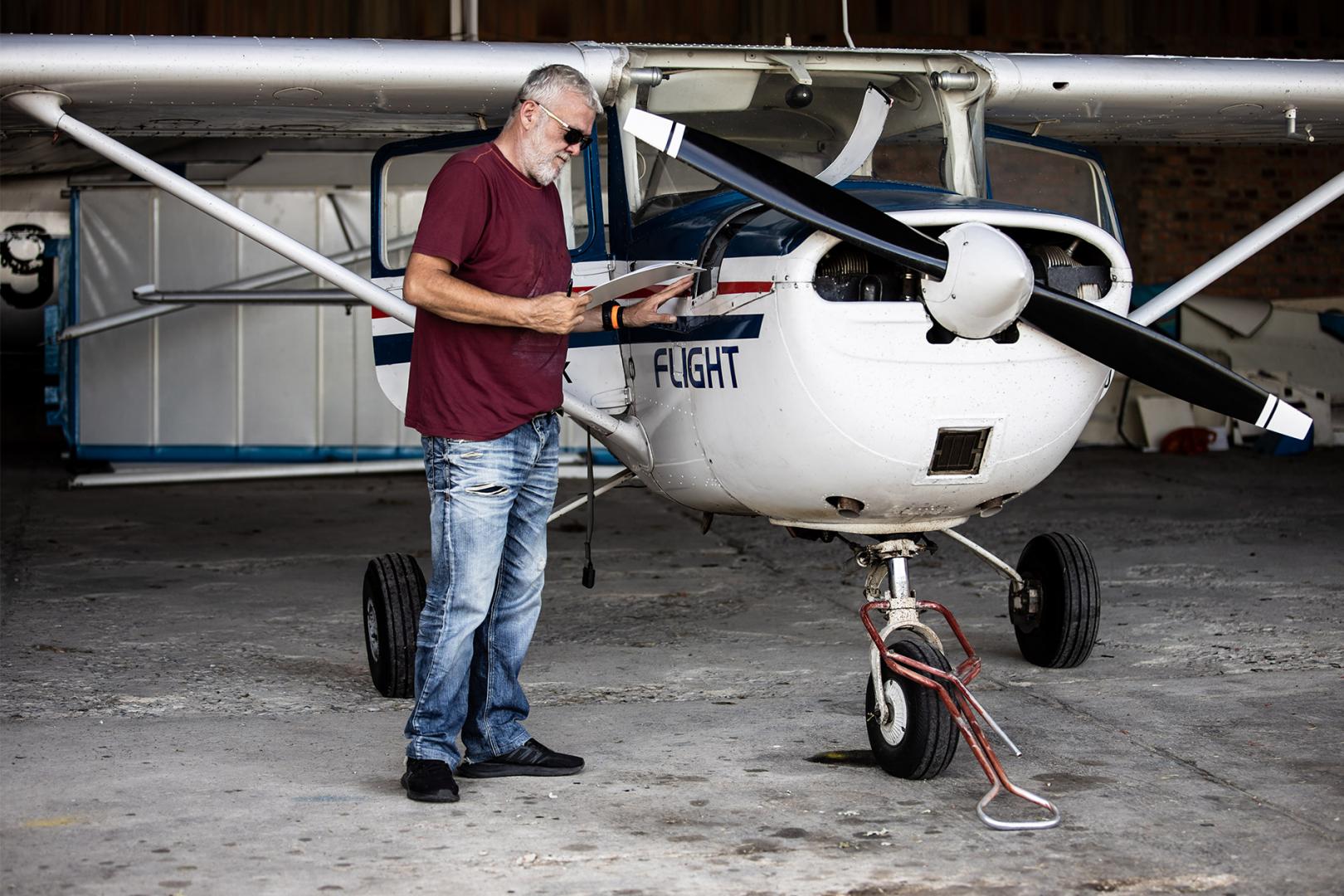
In our ever advancing developed world the population is experiencing longer life expectancies and better ways to live. As some light aircraft are becoming increasingly affordable, a lot of enthusiastic aviators in the upper age group are taking up general, recreational and sport aviation.
Older student pilots usually begin their training when they have retired or have the time and financial reserves to pursue aviation. Recreational Aviation Australia (RAAus) has almost 10,000 members with majority of recreational pilots and students being aged between 40 and 90 years.
Unlike commercial aviation, there are no upper age limits when pilots can fly or learn to fly in recreational aviation. Some recreational aviators begin their flight training in their 70s or 80s. As our population of pilots in Australia continues to grow, we need to consider training according to age. Do older pilots learn differently to younger pilots? And is each age bracket being catered for appropriately in aviation training?
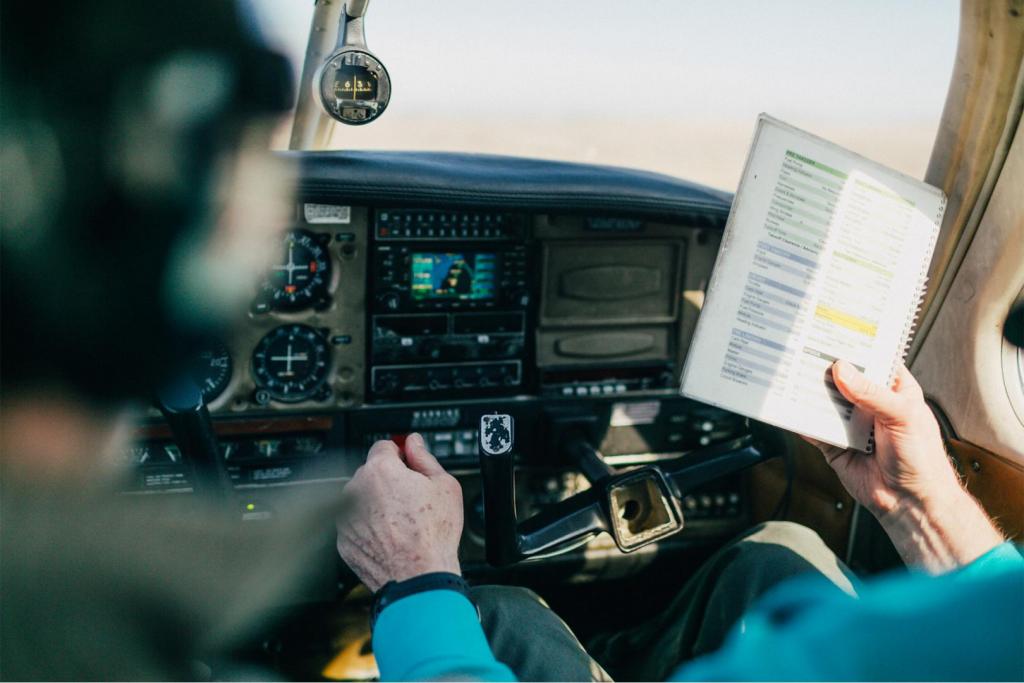
Kreisha Ballantyne from Flight Safety Australia spoke with several instructors to gain insight into the recreational and sport aviation teaching world. All instructors she interviewed clearly stated the joys and benefits of teaching older students. Differences in motivation between younger and older pilots was identified by instructors as younger pilots are trying to fast-track their career whilst most older pilot students are flying as a hobby and expression of passion.
Some key take-aways from the discussions were as follows:
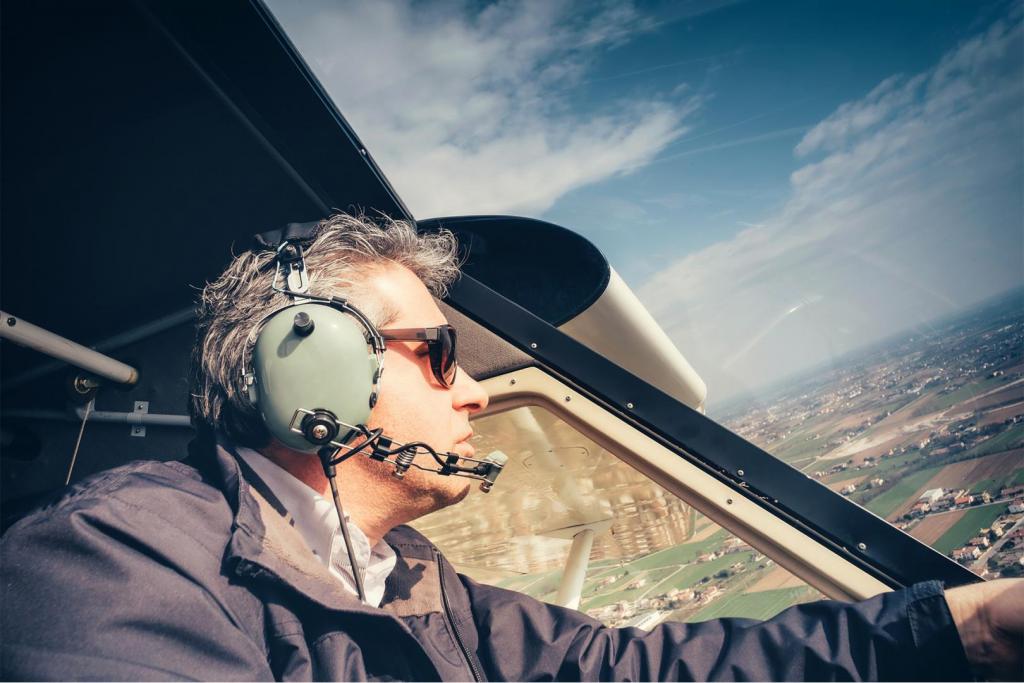
Dr Carol Richards, recreational pilot, and Dr Matt Thomas, clinical psychologist, worked together to conduct the study Identifying the Learning Needs of Older Recreational Aviation Student Pilots (2013), completing the report in affiliation with the School of Psychology at Charles Sturt University, in Bathurst.
The study was aimed at identifying the special learning needs of older student pilots from responses of highly experienced recreational flying instructors. The sample consisted of several instructors between the age of 35 and 78 years and 94% of respondents were male.
Data commonly highlighted the longer length of time older students took to learn the content and master their skills. Seven instructors confirmed that older pilots do take longer than younger students to learn how to fly. Skills like turning and balancing the aircraft seem to take longer and is often more challenging for mature-aged students.
Instructors also stated that older students needed more repetition of procedures and skills and often forgot the procedures and skills they had learnt in previous lessons. However, as already asserted, older students are happy to learn more than just what is required and do not mind spending more time doing so.
Flying an aircraft requires timely and correct physical inputs and cognitive decisions. Participants of the study noted that older pilots can have slower reflexes and could take longer to make decisions and control inputs at the right times.
Personality characteristics and psychological issues such as fear, anxiety and stress were found to commonly interfere with older students’ learning. It was found that lack of action can be caused by fear where a person is letting their fear overcome their training and mental composure, which was often found to be an issue for mature-aged students.
The instructors commented that confidence can initially be an issue for a lot of students over 50. However, older students should not be discouraged or feel like there is an age where you are ‘too old to fly’. As highlighted, there are a lot of benefits in being a mature-aged aviation student and most challenges that come with age can be overcome.
Things to consider as an older student pilot:
Information credits: flightsafetyaustralia.com

In this current day and age there seems to be endless possibilities in technical advance. Aviation is obviously a very interesting subject to...
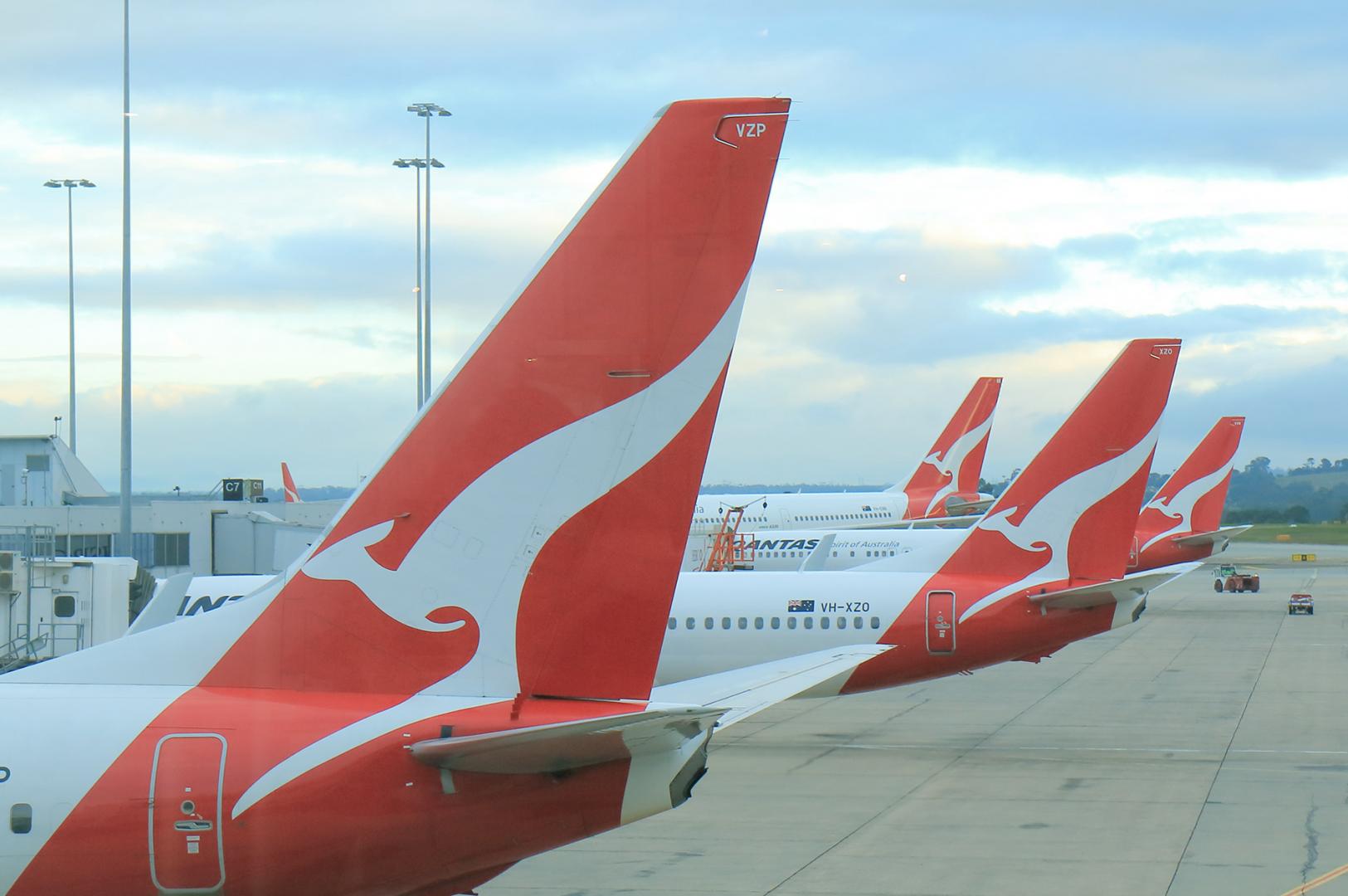
Whether your an airline pilot, a person with a passion for private flying or someone with an interest in aviation you will love these interesting...
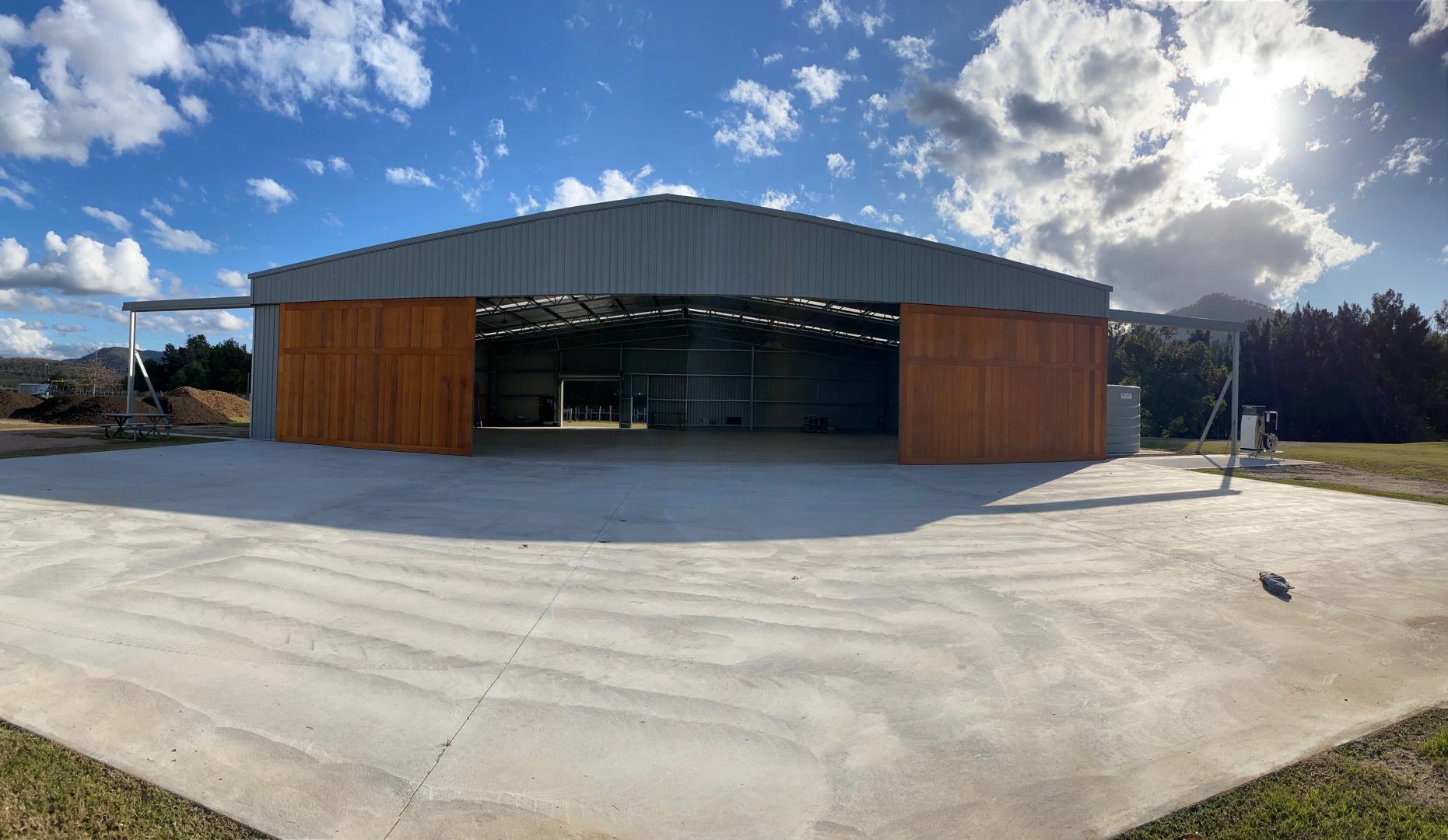
Different hanger door ideas Every aviation hangar project is different and needs to be designed according to your specific needs. Our aviation...